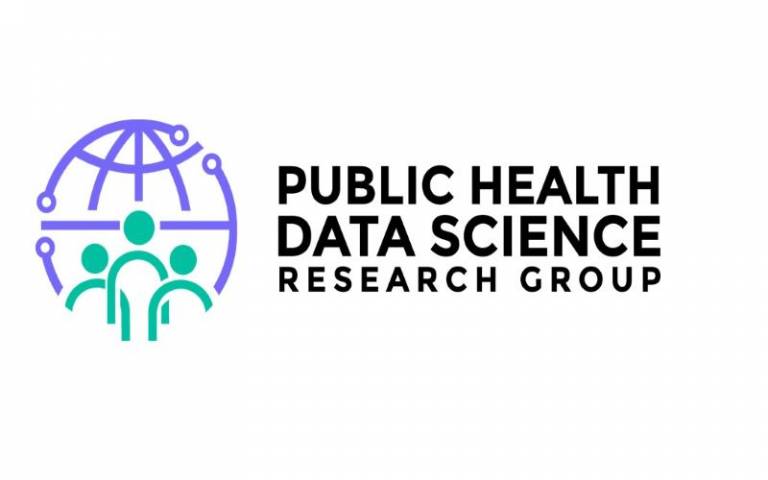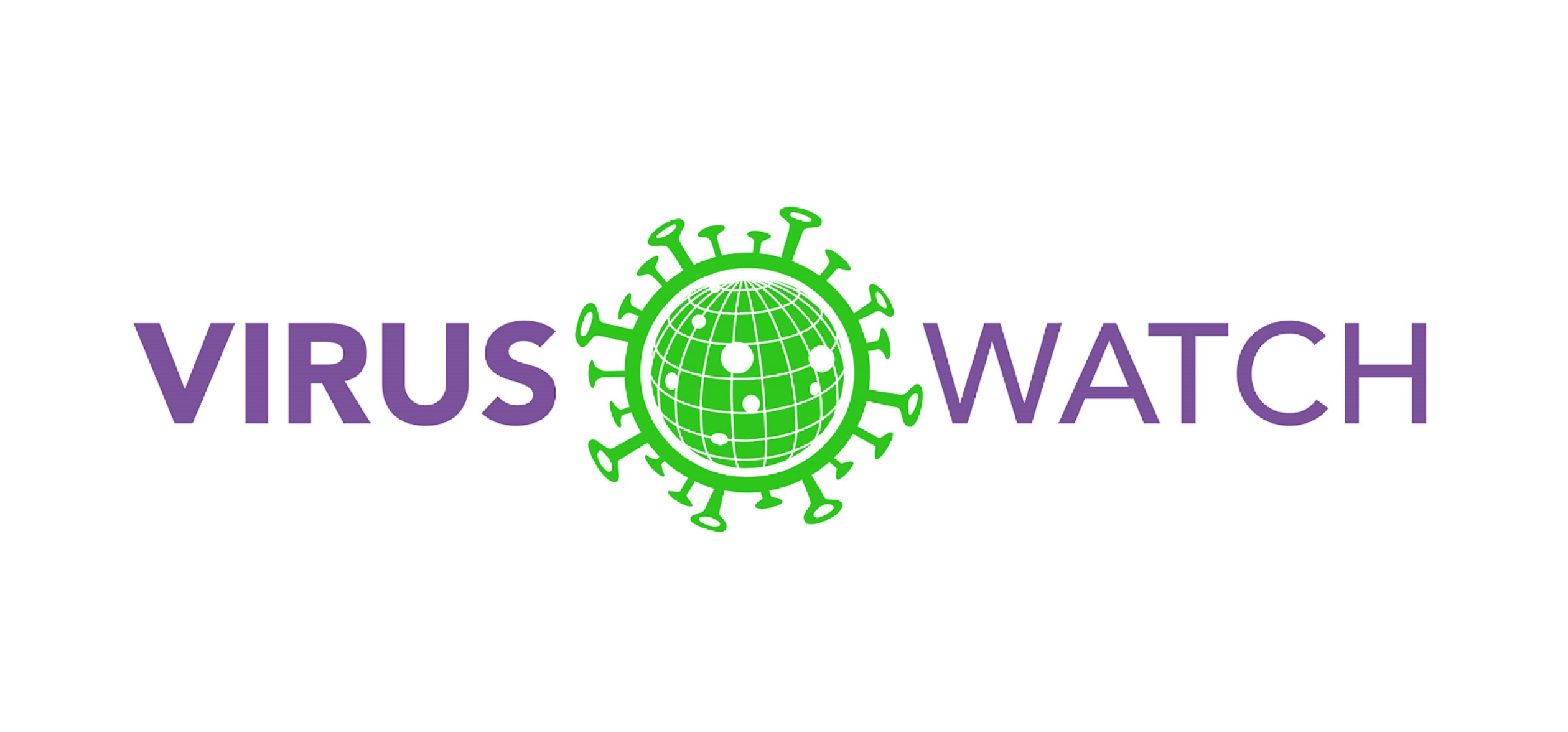Public Health Data Science

PHDS are a group of clinicians, computer scientists, epidemiologists, data scientists and public health experts contributing to the national and international development of this new and emerging area of research. We aim to understand and improve the health of the public through the application and use of complex, high-volume data and digital technologies for health care evaluation, health needs assessment and communicable disease control. We currently lead on the public health data science aspects of several major multi-group collaborative grants which are listed below.

Homeless Hospital Discharge
Homeless Hospital Discharge Schemes that has brought together data on over 100,000 homeless people from across England to understand their health outcomes after discharge from hospital. Our study established that one in three people with experience of homeless admitted to hospital subsequently died from a health condition that our current medical knowledge and technology should have been able to prevent, if help was provided in a timely and appropriate manner. This research received extensive media coverage including an in depth piece on Channel 4 News and this work, and the corresponding economic evaluation has been used as the business case by several NHS trusts as the basis for commissioning intermediate care for people experiencing homelessness and informed the Mayor of London’s health vision for London.

HOME App Study
The HOME App Study aims to examine the health and wellbeing of migrants in the UK and explore the socio-environmental determinants of their health and wellbeing.
Via regular surveys in the app, the study will collect information on a wide range of topics that can affect the health and wellbeing of the migrant community in the United Kingdom. This includes mental health, living conditions, access to health services, physical activity, nutrition, employment and sexual and reproductive health and experience of service provision by GP and other NHS providers.
The results of this study will be written up and published in scientific journals as well as within wider media platforms. We will engage with policymakers to help them make decisions that better reflect the needs of the UK migrant population.
To find out more please visit: www.homeappstudy.net

Migration and Health
We are part of the UCL Commission on Migration and Health. Migration is one of the most important public health issues facing the world today. International and internal migration is increasing, triggered by displacement of large numbers of people due to conflict, natural disasters, search for safety, and economic opportunities. A well considered and humane policy course offers extraordinary opportunities to make major gains in health and wellbeing. We are conducting the Million Migrant Study as part of our work in this area, which will create a population-based cohort study to describe the hospital-based healthcare and mortality outcomes of 1.5 million non-European Union (EU) migrants and refugees in England.

NATSAL-4
The British National Surveys of Sexual Attitudes and Lifestyles (Natsal) are among the largest and most detailed studies of sexual behaviour to have been undertaken anywhere in the world. Their data have been used extensively to improve understanding of sexual behaviour and to guide sexual and reproductive health policy and practice. Our group is leading on data linkage in Natsal-4 where all Natsal-4 participants will be invited to consent to link their survey and biological data to their health records and other routinely-collected data. Linking these records creates opportunities to expand the range of data we have to answer complex research questions in ways that have not previously been possible.

Virus Watch
Understanding community incidence, symptom profiles, and transmission of COVID-19 in relation to population movement and behaviour.
The Virus Watch Study (MRC UKRI funded) led by Professor Andrew Hayward, brings together a team of multi-disciplinary researchers from across ten UCL Departments and Clinicians from University College London (UCLH) and Royal Free Hospitals.
This is the largest and most comprehensive community cohort study of COVID-19 in the U.K.. It will follow-up over 40,000 participants across England and Wales for 12 months through online surveys. A subset of participants (10,000) will be selected to take part in one of three swabbing studies for COVID-19 and all will have immunity (serology) tests at the start and end of the study period.
To find out more visit: www.ucl-virus-watch.net
Browse on to:
 Close
Close

